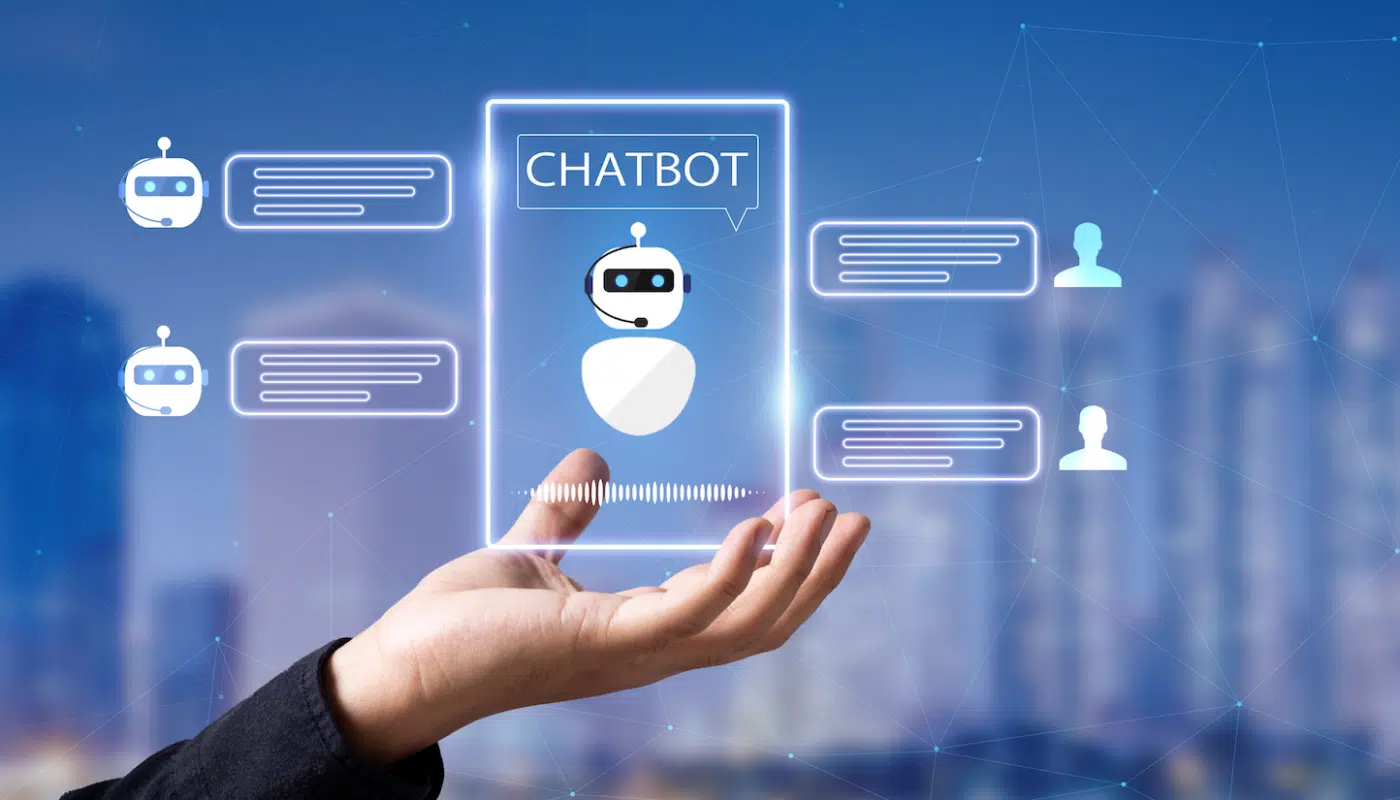In recent years, chatbots have taken the world of customer service and online sales by storm. This extension technology of Artificial Intelligence (AI) has become increasingly popular among businesses due to its ability to engage customers in natural, conversational language. While the concept of chatbots existed long before the emergence of AI, it was only in 2016 that they started gaining traction in the mainstream.
Chatbots are gradually replacing the need for mobile apps, email marketing, and even human customer care agents. These bots can be built into messaging systems such as Facebook Messenger, other social media platforms, and also websites of business organisations. They can also function as standalone applications.
Join our WhatsApp Channel
Deployment of Chatbots
The use of chatbots has become a game-changer for businesses looking to improve their customer experience. With some technical support, any business can incorporate a chatbot to assist and scale their interactions with customers. The chatbot only requires training to mold it to the conversation structure and flow of the industry it is being used in. Chatbots are creating their niche in major fields, such as finance, travel, personal assistance, social media, and fashion.
How Can Chatbots Help Businesses?
Customer Experience
Providing excellent customer service is a challenge for many businesses. Customers expect consistency and unconditional tolerance, but for companies, achieving this requires a large number of trained support staff. Meanwhile, chatbots can seamlessly take care of customer service and require only a fraction of the time to train compared to human staff. An excellent example of a company that has utilized a chatbot for its customer experience is Seez, a mobile application for car buying and leasing operating in the UAE, Saudi Arabia, and Kuwait. Seez built the world’s first car negotiation chatbot called Cesar, which aggregates data from across car listings websites, finds the best car deals, and negotiates the car prices on behalf of the customer, completely automating the car search process, reducing the time it takes to search for a car from an average of around 17 hours to just 6 seconds.
The Salesman
Online sales have become more accessible with the help of chatbots. Brands such as eBay, H&M, and Tommy Hilfiger are using chatbots to assist with online sales. The chatbot is available 24/7 to answer queries, and it remembers previous conversations with customers, tailoring responses and suggestions accordingly.
Personalization
Clients today demand instant gratification, and Millennials, in particular, do not like to wait. For this reason, many company websites now use chatbots to answer any inbound inquiries visitors may have, by swiftly greeting and interacting with them, and attending to their needs. National Geographic’s Genius chatbot alerts website visitors about upcoming TV shows and web streams that they may enjoy, while Whole Foods supermarket chain shares recipes with website visitors based on specific ingredients or dishes they search for. You can even use a pizza emoji to get pizza recipes.
The Future of Personalized Experiences, Sales, and Customer Service
With the reduced cost and time-saving benefits of chatbots, and their ability to cater to the needs and queries of thousands of people simultaneously, chatbots are the future of personalized experiences, sales, and customer service. Companies that adopt this innovative technology will have a significant competitive advantage. Are you ready to innovate and take on this technology?



















Follow Us